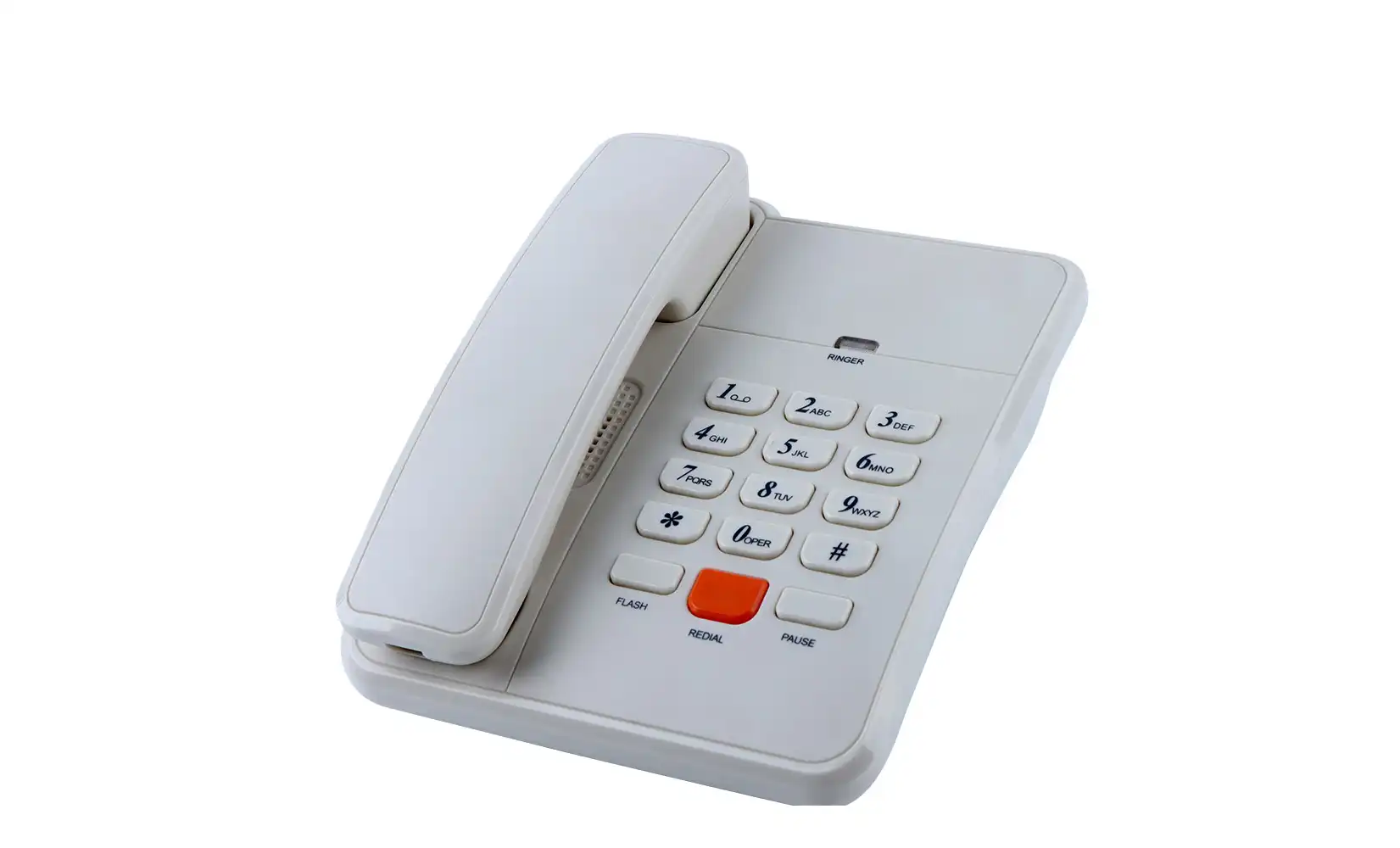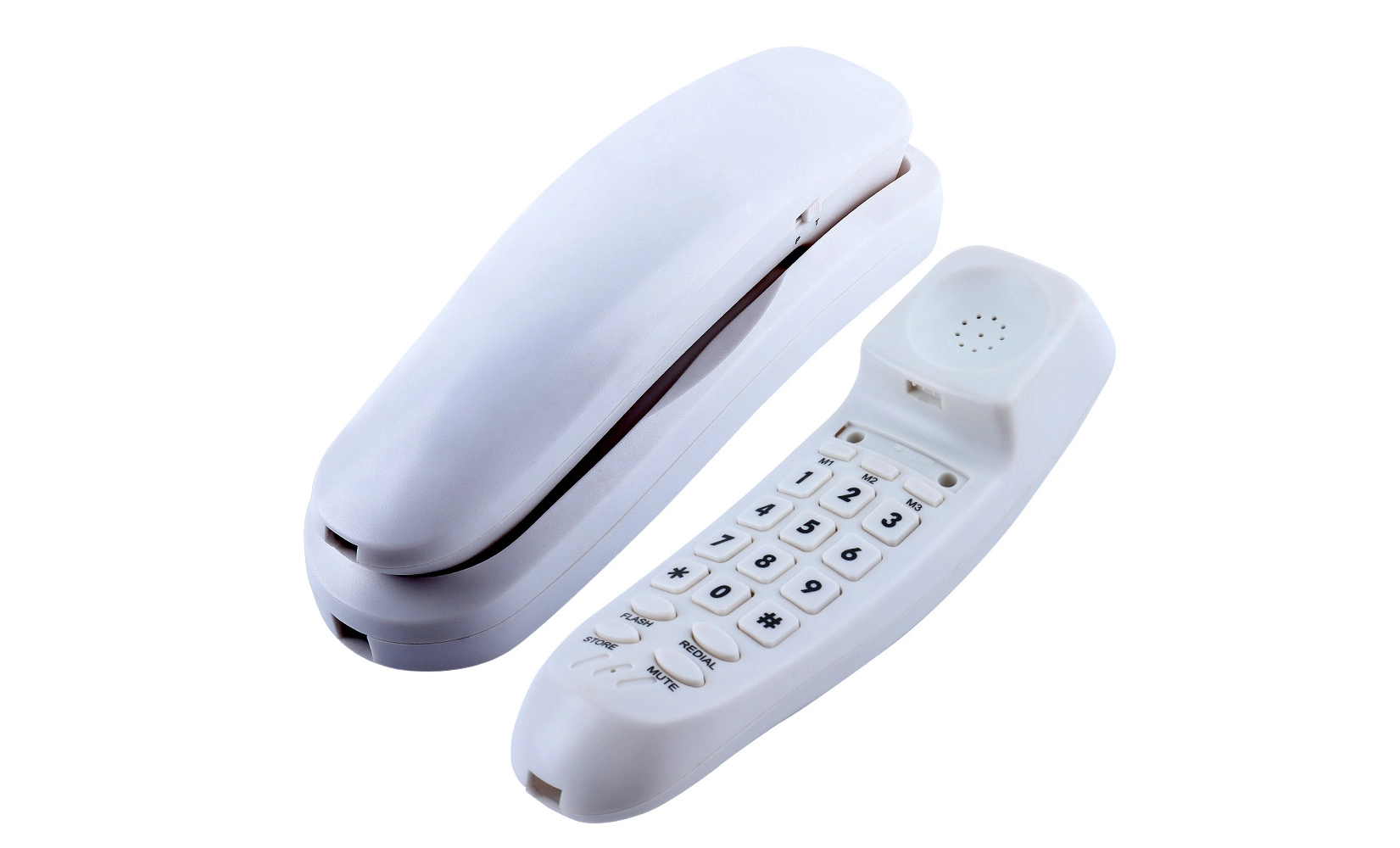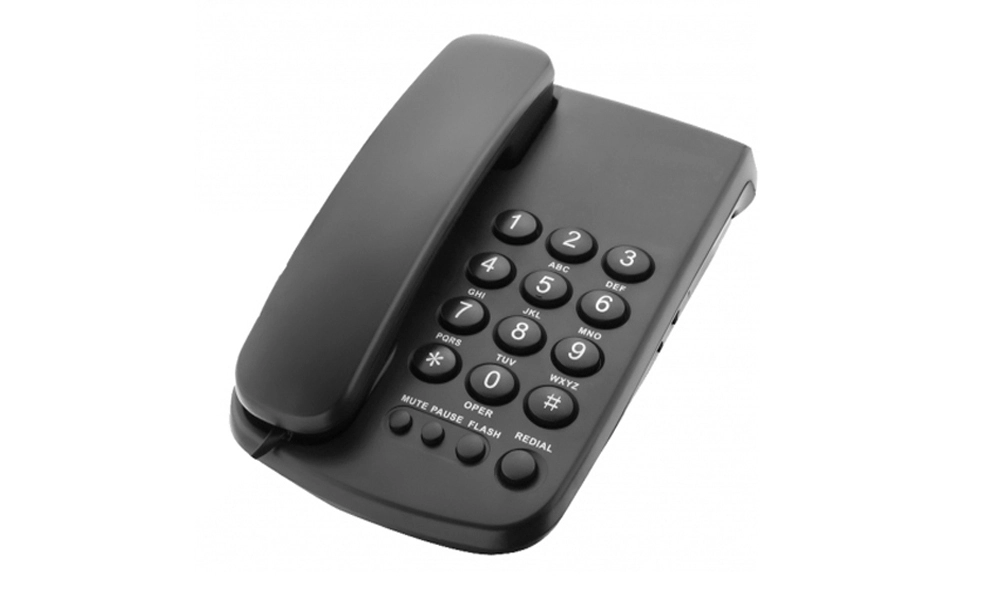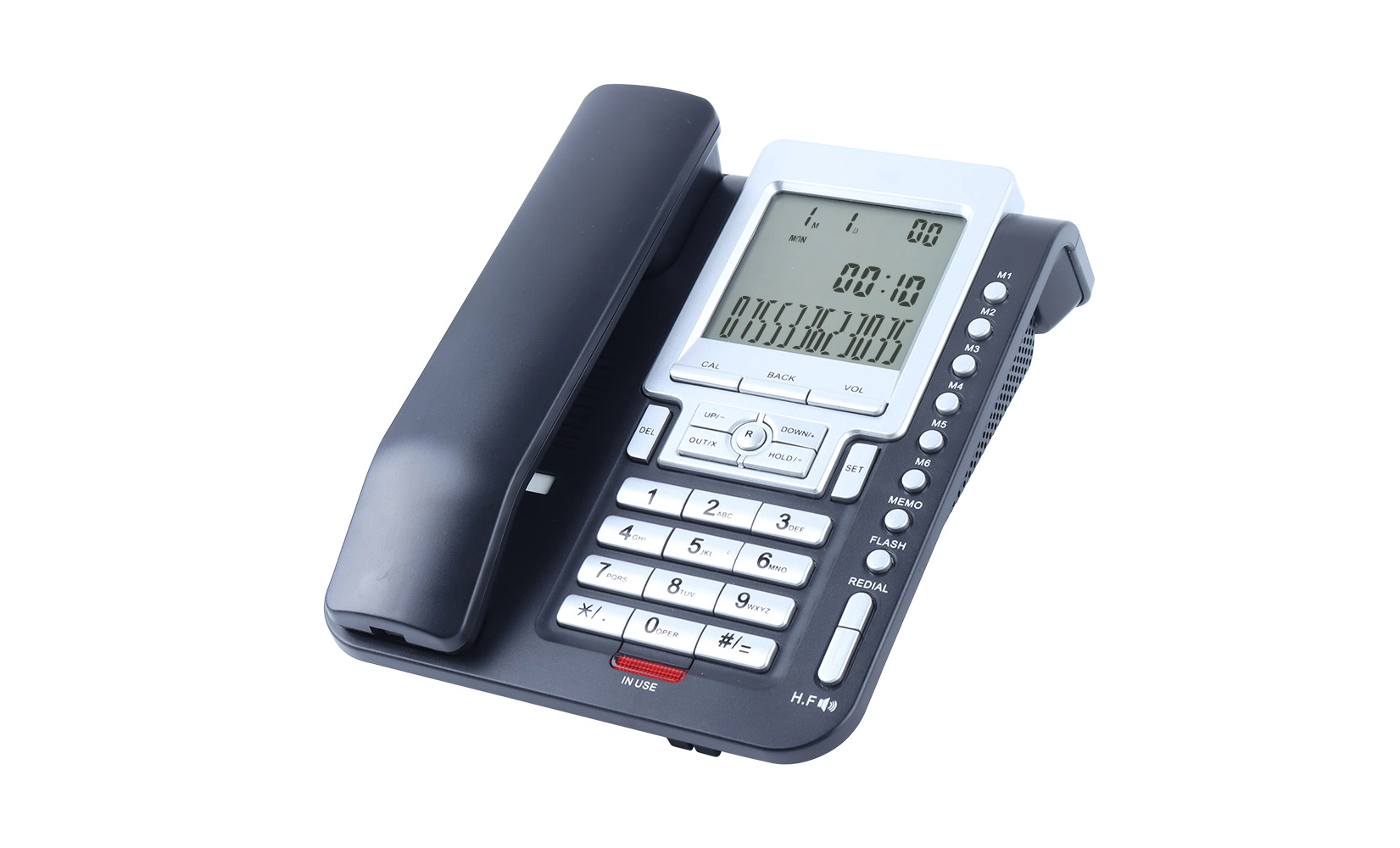The Enduring Advantages of Landline Phones in the Digital Age
Unmatched Reliability and Call Quality
Landline phones have long been celebrated for their dependability and crystal-clear audio quality. Unlike cellular networks, which can be susceptible to signal interference and dropped calls, landline connections provide a stable and consistent communication experience. This reliability is particularly crucial during emergencies or natural disasters when mobile networks may become overwhelmed or inoperative.
Moreover, the audio quality of landline calls remains superior to that of many mobile connections. The dedicated copper wire infrastructure ensures that voice transmission is clear and free from the distortions often experienced with cellular or internet-based calls. This clarity is especially valuable for individuals with hearing impairments or those engaging in important business conversations where every word counts.
Enhanced Emergency Services and Safety Features
One of the most compelling reasons for maintaining a landline phone is its integration with emergency services. When you dial 911 from a landline, emergency responders can immediately pinpoint your exact location, which can be life-saving in situations where the caller is unable to speak or provide an address. This feature is particularly important for households with elderly members or individuals with medical conditions.
Additionally, many modern landline phones come equipped with advanced safety features. These may include large, easy-to-read buttons for those with visual impairments, built-in speakerphones for hands-free communication, and compatibility with hearing aids. Some models even offer voice amplification for users with hearing difficulties, ensuring that landline phones remain accessible to all members of the household.
Cost-Effective Communication Solutions
While the initial setup of a landline may involve some cost, many users find that landline services offer excellent value for money in the long run. Many telephone service providers offer bundled packages that include landline service along with internet and cable TV, often at a competitive price point. For households that make frequent long-distance calls or have family members who spend a lot of time on the phone, a landline can be a more economical option compared to mobile plans with limited minutes or expensive international rates.
Furthermore, landline phones do not require regular charging or battery replacements, reducing both the environmental impact and the ongoing costs associated with mobile device maintenance. This reliability and low maintenance make landline phones an attractive option for budget-conscious consumers and those looking for a sustainable communication solution.
Evolving Technology: The Modern Landline Experience
Integration with Smart Home Systems
As smart home technology continues to advance, landline phones are finding new ways to integrate with these systems. Modern landline devices can now interface with home automation hubs, allowing users to make calls through voice commands or receive notifications about incoming calls on their smart displays. This integration extends the functionality of landline phones, making them a seamless part of the connected home ecosystem.
Some advanced landline systems even offer features like call screening through smart speakers or the ability to transfer calls to mobile devices when away from home. These innovations demonstrate that landline technology is not static but rather adapting to meet the needs of tech-savvy consumers who appreciate the benefits of traditional phone lines.
Enhanced Security and Privacy Features
In an age where digital privacy is increasingly valuable, landline phones offer a level of security that many mobile and internet-based communication methods struggle to match. Traditional landline calls are inherently more difficult to intercept or hack compared to wireless transmissions, making them an attractive option for those concerned about the privacy of their conversations.
Modern landline phones are also incorporating advanced security features to protect users from unwanted calls and potential scams. Call blocking technology, anonymous call rejection, and built-in answering machines with customizable greetings all contribute to a more secure communication experience. These features help users maintain control over their incoming calls and protect themselves from nuisance telemarketers or fraudulent activities.
 Improved Accessibility and User-Friendly Designs
Improved Accessibility and User-Friendly Designs
Manufacturers of landline phones are placing a greater emphasis on accessibility and user-friendly design, recognizing the diverse needs of their customer base. Large, backlit displays make it easier for users with visual impairments to read caller information and navigate phone settings. Ergonomic handsets and tactile buttons improve the physical experience of using the phone, particularly for individuals with limited dexterity or arthritis.
Many modern landline phones also feature adjustable volume controls, compatibility with hearing aids, and the ability to amplify incoming voices. These accessibility features ensure that landline phones remain a viable and comfortable communication option for users of all ages and abilities. By focusing on inclusive design, landline phone manufacturers are expanding their market and demonstrating the ongoing relevance of these devices in diverse households.
The Future Landscape of Home Communication
Hybrid Communication Systems
As we look to the future of home communication, it's clear that a hybrid approach combining the strengths of both landline and mobile technologies is emerging. Many households are opting for systems that allow seamless integration between their landline phones and mobile devices. This convergence enables users to enjoy the reliability and call quality of landlines while leveraging the mobility and features of smartphones.
Some innovative solutions include landline phones that can pair with mobile devices via Bluetooth, allowing users to make and receive cellular calls through their landline handsets. This hybrid approach offers the best of both worlds, providing the comfort and familiarity of a traditional phone with the flexibility of modern mobile technology.
Advancements in VoIP Technology
Voice over Internet Protocol (VoIP) technology is revolutionizing the landline landscape, offering advanced features while maintaining the reliability associated with traditional phone lines. VoIP systems can provide crystal-clear HD voice quality, multi-party conferencing, and even video calling capabilities through landline devices. As internet infrastructure continues to improve, VoIP landlines are becoming an increasingly attractive option for both residential and business users.
These internet-based phone systems often come with additional features such as voicemail-to-email transcription, call forwarding to multiple devices, and integration with customer relationship management (CRM) software for businesses. The flexibility and scalability of VoIP technology ensure that landline communication can evolve to meet the changing needs of users in the digital age.
Continued Focus on Emergency Preparedness
As climate change leads to more frequent and severe weather events, the importance of reliable emergency communication becomes ever more apparent. Landline phones, with their independent power sources and direct connections to emergency services, will continue to play a crucial role in disaster preparedness and response.
Future developments in landline technology may include enhanced battery backup systems, ensuring that phones remain operational during extended power outages. Additionally, integration with smart home systems could allow landlines to serve as hubs for emergency alerts and information dissemination during crises, further cementing their role as essential components of home safety and communication infrastructure.
Conclusion
The future of home communication is not about choosing between landline phones and mobile devices, but rather about leveraging the strengths of both to create a comprehensive and reliable communication ecosystem. Landline phones continue to offer unparalleled reliability, call quality, and emergency service access, while evolving to incorporate modern features and integrate with smart home technologies.
As we move forward, the enduring advantages of landline phones will be complemented by technological advancements, ensuring their relevance in the digital age. From enhanced accessibility features to improved security measures and integration with VoIP technology, landline phones are adapting to meet the diverse needs of modern users.
Ultimately, the future of home communication lies in a balanced approach that recognizes the unique benefits of different communication technologies. By embracing the strengths of landline phones while integrating them with emerging technologies, we can create a more resilient, accessible, and user-friendly communication landscape for generations to come.
FAQ
Are landline phones becoming obsolete?
No, landline phones are evolving to meet modern needs. They offer reliability, superior call quality, and enhanced emergency services access that mobile phones can't match.
Can landline phones integrate with smart home systems?
Yes, modern landline phones can integrate with smart home hubs, allowing for voice-activated calls and notifications on smart displays.
Do landline phones offer better security than mobile phones?
Landline calls are generally more secure and difficult to intercept compared to wireless transmissions, offering enhanced privacy for sensitive conversations.
The Future of Landline Phones: Innovation and Reliability | CHEETA
At CHEETA, we're at the forefront of landline phone innovation, combining traditional reliability with cutting-edge features. Our state-of-the-art manufacturing facility in Shenzhen produces 1,000 units daily, ensuring rapid delivery of high-quality, CE and RoHS compliant devices. With 18+ years of OEM/ODM expertise, we're committed to advancing landline technology to meet evolving consumer needs. Our team of 10 senior engineers continuously refines designs based on global feedback, resulting in smart, user-friendly communication solutions. Experience the future of landline phones with CHEETA's innovative products. For inquiries, contact us at allen@cheeta.com.cn.

References
1. Smith, J. (2023). "The Resurgence of Landline Technology in the Smart Home Era." Journal of Telecommunications, 45(3), 78-92.
2. Johnson, E. & Brown, T. (2022). "Emergency Communication Systems: The Critical Role of Landlines." Disaster Preparedness Quarterly, 18(2), 112-125.
3. National Emergency Number Association. (2023). "Landline vs. Mobile: A Comparative Study of 911 Call Accuracy and Response Times."
4. Lee, S. et al. (2021). "Integration of VoIP Technology in Traditional Landline Infrastructure." IEEE Communications Magazine, 59(7), 45-51.
5. Garcia, M. (2023). "Consumer Preferences in Home Communication Devices: A Five-Year Trend Analysis." International Journal of Consumer Studies, 47(4), 301-315.
 In an era dominated by smartphones and digital communication,
In an era dominated by smartphones and digital communication, 




